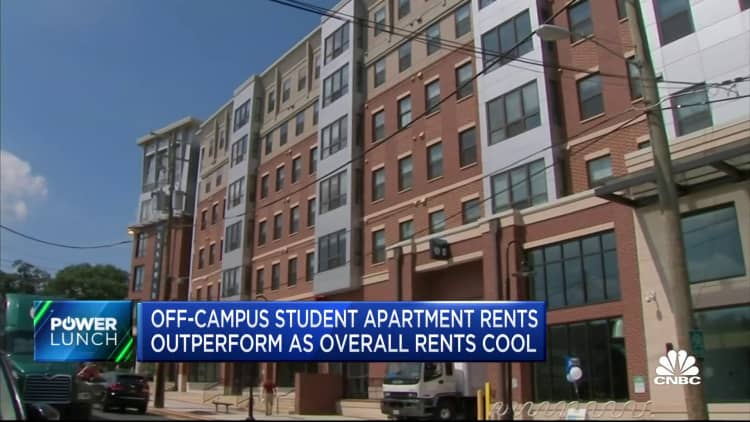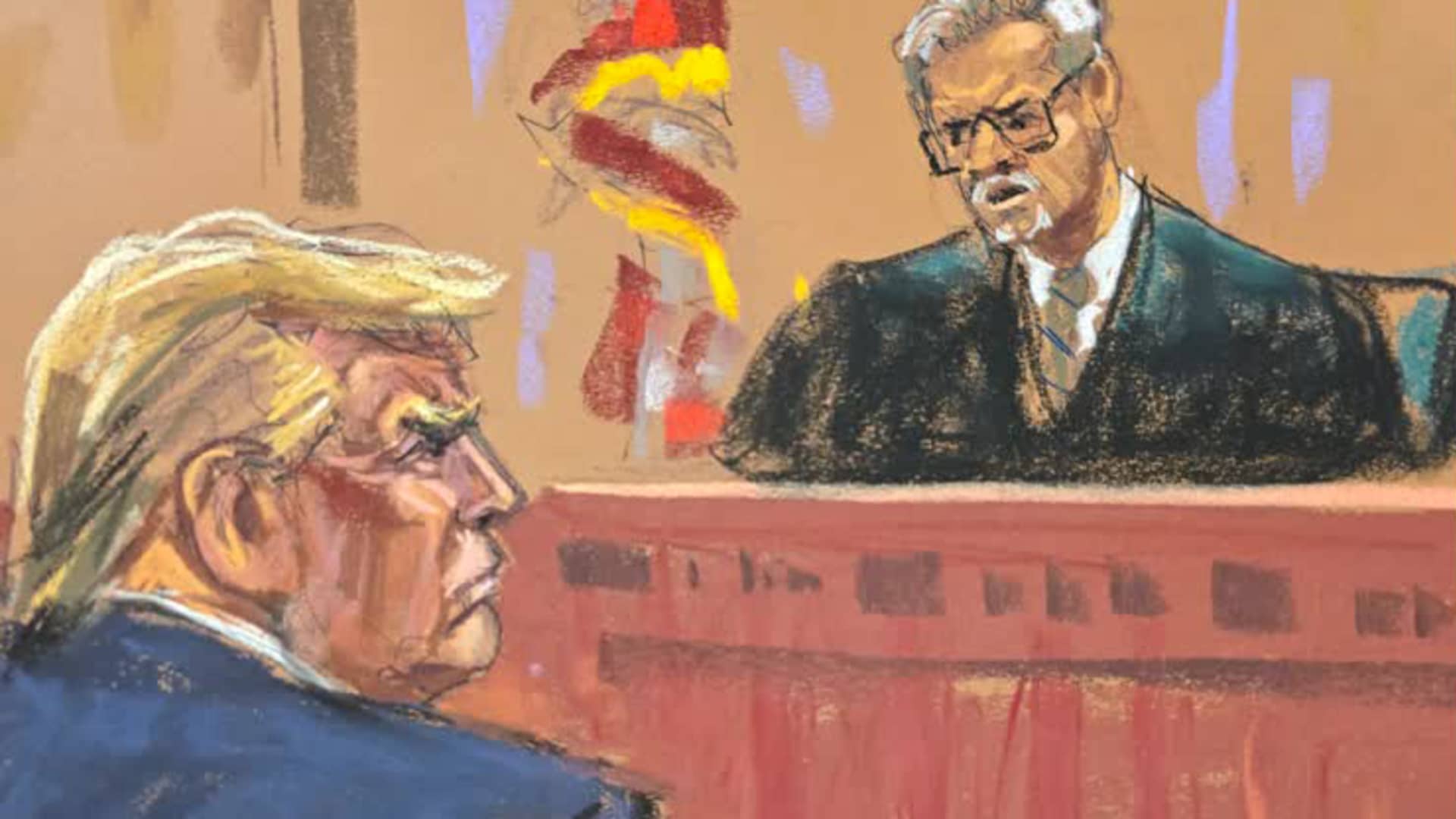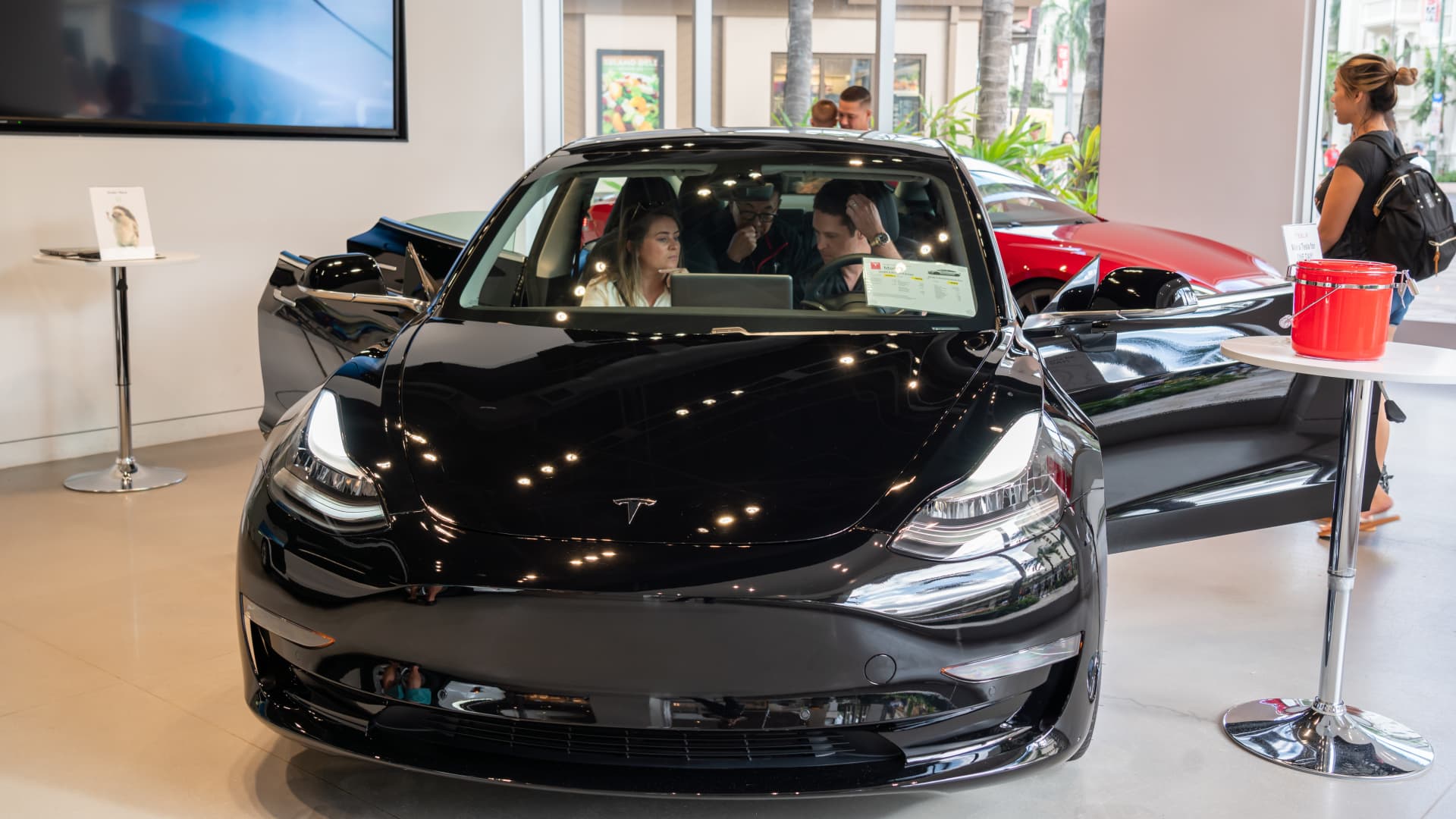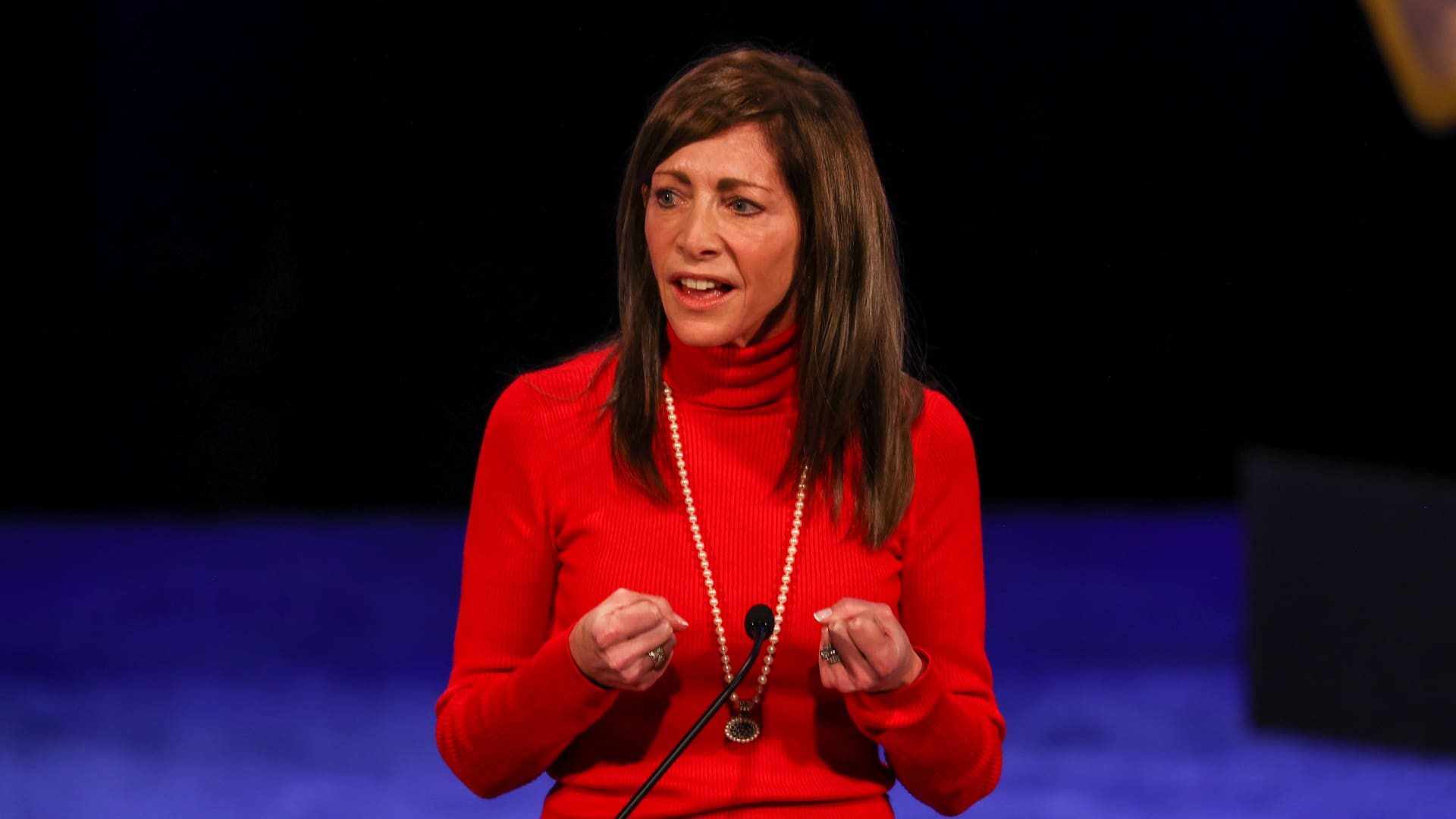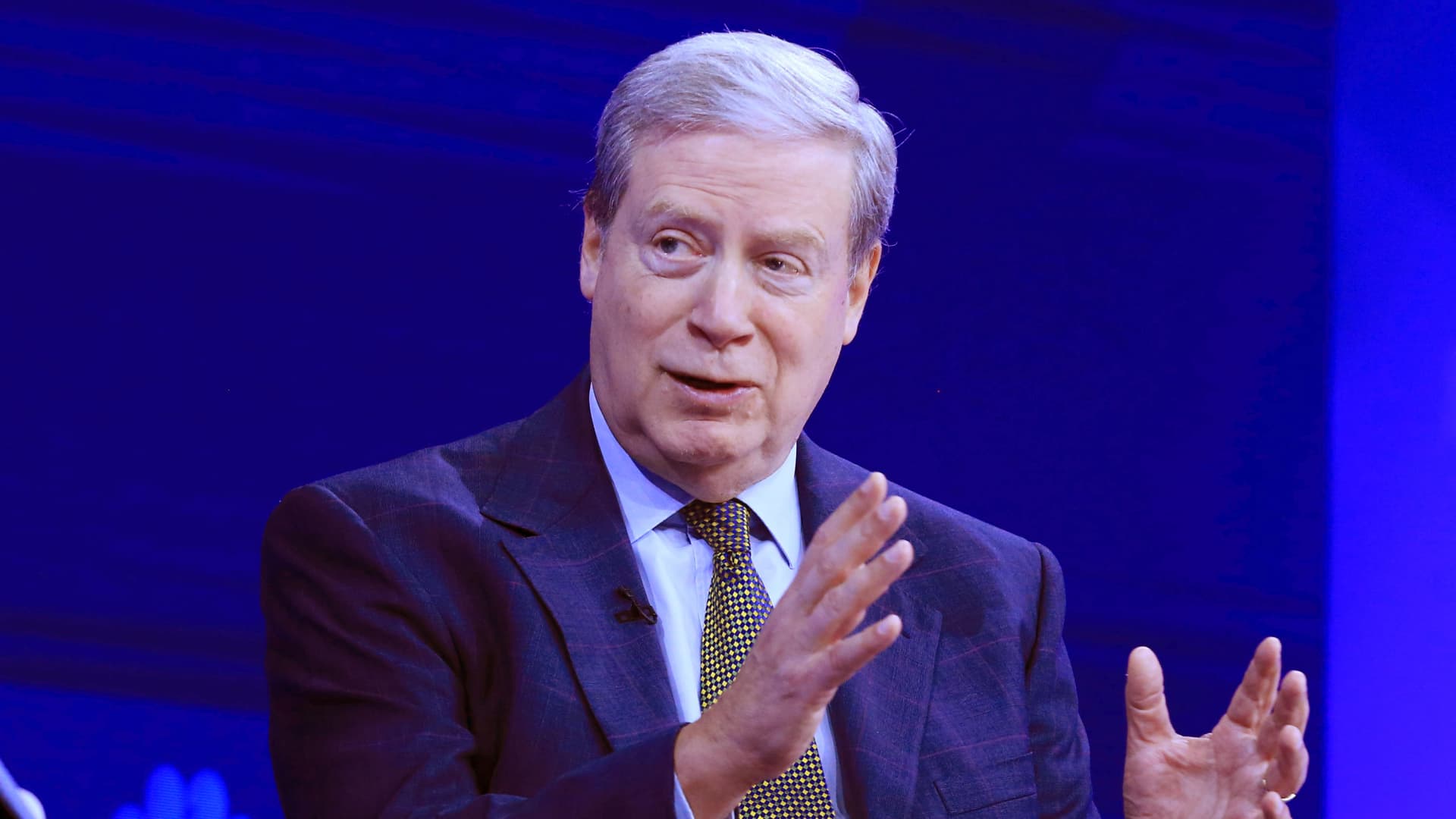The Biden administration said Friday that it is delaying a decision on a ban on menthol cigarettes, effectively killing a proposal that has divided Black American voters and fueled multimillion-dollar tobacco industry lobbying campaigns this presidential election year.
The White House faced significant opposition from cigarette companies, who would lose billions of dollars if they could no longer sell menthol cigarettes. Opponents warned over the airwaves of an increase in cartel traffic along the border by smuggling counterfeit cigarettes and of police violence against black residents if a ban were in place.
Those efforts posed risks for President Biden, whose support among Black voters has slipped at times in recent months.
Some of Mr. Biden’s top health officials said a ban would save lives and protect against lung cancer, which poses a higher risk for Black smokers, who have historically preferred menthol cigarettes and are heavily targeted by tobacco companies.
“This rule has attracted historic attention, and the public comment period has generated a tremendous amount of feedback, including from various elements of the civil rights and criminal justice movements,” Health and Human Services Secretary Xavier Becerra said in a statement. “It is clear that there are further discussions to be held that will take significantly more time.”
The decision highlighted a debate among senior federal officials about how to weigh the political and legal public health consequences of a ban.
A White House spokeswoman declined to comment, citing Mr. Becerra’s statement.
Mr. Becerra, the administration’s top federal health official, said in an interview earlier this year that he had continued to press the White House to support the ban.
“We have begun to bring together all the elements of a good proposal to advance something that we have known for decades: that menthol is killing Americans at disproportionate rates when it comes to smoking,” he said.
“It shouldn’t surprise anyone that we’ll continue until the end,” he said in the interview.
Dr. Robert Califf, commissioner of the Food and Drug Administration and a proponent of the ban, told House Democrats at a budget hearing this month that he hoped regulators could make a decision by the end of the year.
“It’s one of our top priorities, so I would certainly hope so,” he said.
Dr. Califf said that as a cardiologist who has practiced for more than three decades, he has seen more people die from tobacco-related illnesses “than almost any other doctor, because I was an intensive care physician dealing with the end stages of the disease.”
“From the perspective of the FDA and me as an individual, and given what I’ve seen in my lifetime, we’re probably talking about 600,000 deaths over the next 30 years that could be averted,” said Dr. Califf. Most would be Black Americans, who are the industry’s target audience, he added.
The FDA had previously called the effort a “critical part” of Mr. Biden’s Cancer Moonshot initiative, noting that about 30 percent of all cancer deaths are caused by smoking. Studies estimate that a ban could prevent up to 650,000 smoking-related deaths.
A majority of the Congressional Black Caucus supported the ban. On Friday, Derrick Johnson, the president of the NAACP, rebuked the president and said Mr. Biden was putting politics over people’s lives.
“Today’s news from the Biden administration is a blow to the Black community, which continues to be unfairly targeted and killed by Big Tobacco,” Johnson said. “Let us be clear: valuing Black lives should not be used as a pawn to get our people to the polls, but rather as a platform from which our leaders are unwilling to step aside.”
Democrats have worried for months about Mr. Biden’s soft support among black voters — particularly black men. Polls have consistently shown that Mr. Biden is supported by a significantly lower percentage of black men than in the 2020 election, which in turn represents a smaller share than Democratic presidential candidates received in previous elections.
The ban had also united a number of public health groups, including leading pulmonary, cardiac, cancer and pediatric associations.
They cited years of data suggesting that menthol cigarettes, long marketed to African-American smokers, make starting smoking more enjoyable and quitting more difficult. Many of those groups expressed outrage Friday over the delay, which was first reported by The Wall Street Journal.
“The White House has fallen for industry rhetoric and public health will suffer as a result,” Dr. Karen E. Knudsen, executive director of the American Cancer Society.
The FDA officially proposed the ban in May 2022, stating that there were 18.5 million smokers in the United States who preferred menthol brands. Researchers studying similar moves in other countries estimated that a ban could lead to nearly a quarter of menthol smokers quitting altogether.
The proposal reached the White House in October. Soon official calendars were flooded with meeting requests not only from proponents of the ban but also from opponents, including tobacco companies, convenience stores and gas station retailers. They predicted the ban would cost them billions of dollars in sales.
Newport-based menthol cigarette maker Reynolds American has donated millions of dollars in recent years to political action funds that benefit Republican lawmakers, as well as $1 million in February to a fund supporting former President Donald J. Trump.
“We firmly believe that there are more effective ways to permanently wean adult smokers off cigarettes,” Luis Pinto, a spokesman for Reynolds, said in a statement. “We believe that access to potentially safer nicotine alternatives, such as appropriately regulated flavored vapor products – including menthol – is critical to helping adult smokers transition from combustible cigarettes.”
Altria, which makes some menthol Marlboro cigarettes, donated less than Reynolds but also contributed in support of Republican lawmakers.
Republicans in Congress have denounced the proposed ban in letters to the Biden administration, warning that it would increase the trade in counterfeit cigarettes. Republicans also made a failed attempt last year to stop the government from funding work on the ban.
Opponents of the ban have sponsored prime-time commercials criticizing the ban, saying it would fuel the illegal tobacco trade and enrich cartels. They have helped spread concerns among some black leaders that a ban would encourage law enforcement to target black smokers. (The FDA has stated that such a ban would be imposed on manufacturers.)
The Biden campaign has made significant efforts to bolster its support among Black voters. Ahead of the nation’s first Democratic primary in February, the company tested a range of voter turnout methods and strategies in South Carolina and has since deployed resources and held campaign events targeting Black voters in key states where the general election is contested.
Reynolds has argued that the ban would have “serious unintended consequences,” including increased use of counterfeit cigarettes. Altria has made the same argument, also stating that historically low and declining youth smoking rates do not justify a ban.
Convenience store owners, predicting the ban would cost them billions, staged a demonstration outside the Manhattan office of Sen. Chuck Schumer, the Democratic majority leader, in November. On site were members of the National Action Network who have pledged to accept tobacco funding over the years.
They invited Gwen Carr, the mother of Eric Garner, who died after a police officer who suspected him of selling loose cigarettes put him in a chokehold. She warned at the event that a menthol ban would increase such encounters with police. “This will cause more chaos in black and brown communities,” she said.
In an interview after the event, Ms. Carr said she had not received any money from tobacco companies. “I can’t be bought,” she said.
The FDA previously said it expects the menthol ban to be completed by the end of 2023. As the months passed, health groups stepped up the pressure, staging a “menthol funeral” outside the White House in January to draw attention to the missed opportunity to extend lives and curb smoking-related diseases.
In April, Action on Smoking & Health, an advocacy group, and the African American Tobacco Control Leadership Council sued the government to take action.
“The tobacco industry’s arguments take precedence over public health,” Laurent Huber, executive director of Action on Smoking & Health, said in a statement Friday. “There is no scientific research to support the continued sale of menthol tobacco products.”
David A. Fahrenthold, Reid J. Epstein and Zolan Kanno-Youngs contributed reporting.
Source link
2024-04-26 22:01:08
www.nytimes.com


